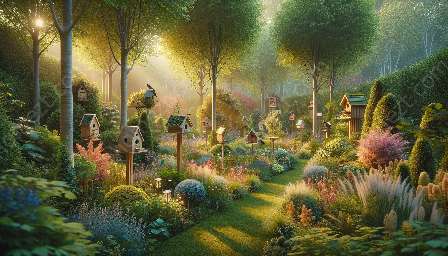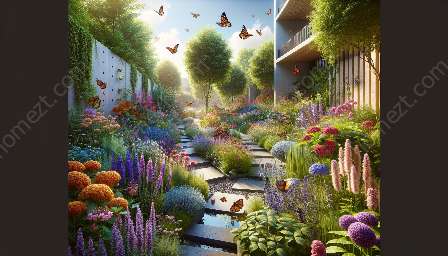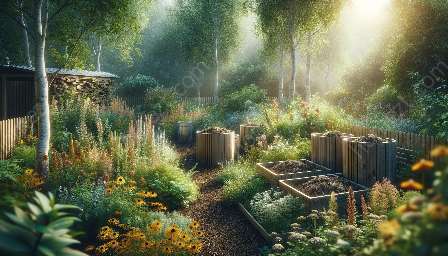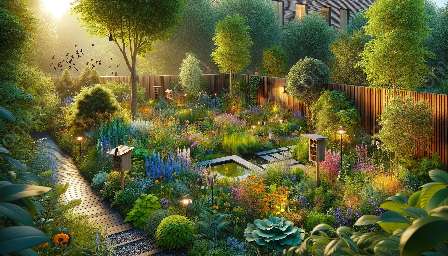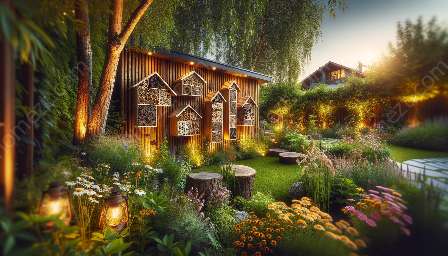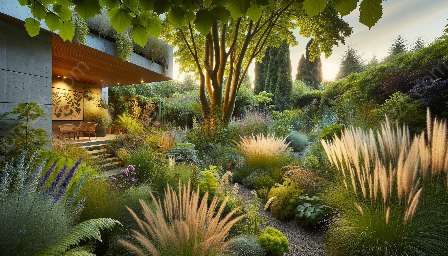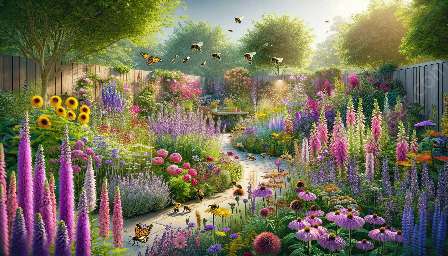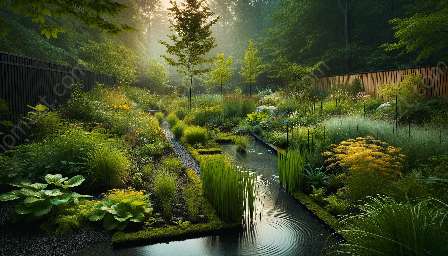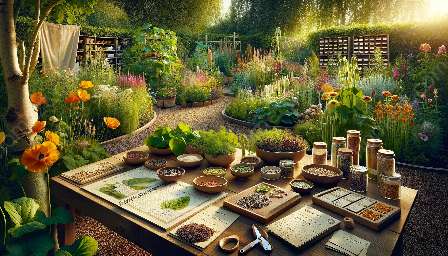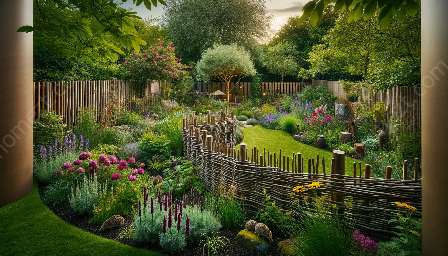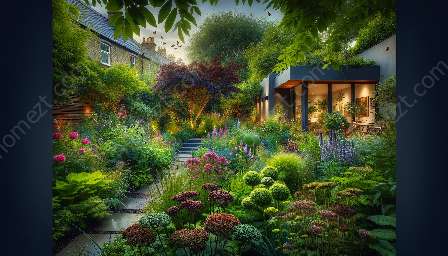Composting is a key practice in wildlife gardening and landscaping, serving as a sustainable and organic way to manage organic waste and nourish the soil. This comprehensive guide offers insights into the various aspects of composting, how it aligns with wildlife gardening, and its impact on the overall health and beauty of the landscape.
The Importance of Composting in Wildlife Gardening and Landscaping
Composting plays a crucial role in creating a balanced and thriving ecosystem within a wildlife garden. By recycling organic materials such as kitchen scraps, garden waste, and yard trimmings, composting enables gardeners to reduce landfill waste while generating a nutrient-rich soil amendment.
When integrated into landscaping practices, composting enriches the soil with essential nutrients, improves its structure, and promotes the growth of healthy, vibrant plants. This natural approach to soil enrichment aligns harmoniously with the principles of wildlife gardening, minimizing the use of synthetic fertilizers and pesticides that may be harmful to local fauna.
The Benefits of Composting for Wildlife Gardening
Composting fosters a biodiverse environment that attracts and sustains a variety of wildlife species, including beneficial insects, birds, and small mammals. This process contributes to the creation of habitats and food sources for these creatures, promoting the overall health of the ecosystem while adding to the allure of the garden or landscape.
Moreover, nutrient-rich compost supports the growth of native plants, which are essential for wildlife conservation. These plants provide food, shelter, and nesting sites for a plethora of wildlife, thereby enhancing the ecological balance and contributing to the preservation of local fauna.
Methods and Techniques for Composting
There are various methods for composting, each suited to different needs and spaces. Traditional compost bins are an excellent choice for larger gardens and landscapes, offering ample space for organic materials to decompose. Vermicomposting, on the other hand, is ideal for smaller spaces and urban wildlife gardens, as it involves using earthworms to break down organic matter.
For wildlife gardens, open compost piles can provide additional benefits by doubling as habitats for ground-dwelling wildlife, such as insects and amphibians. These piles create shelters and foraging areas, enriching the garden's ecosystem while actively decomposing organic waste.
Enhancing the Landscape and Environment
Composting significantly contributes to the overall health and beauty of the landscape in wildlife gardening and landscaping. It not only enriches the soil but also reduces the need for chemical fertilizers and promotes water retention, resulting in a more resilient garden that is better equipped to withstand environmental challenges.
By embracing composting as a fundamental component of wildlife gardening and landscaping, individuals can play a meaningful role in promoting sustainability, minimizing waste, and creating thriving habitats for local wildlife. This approach not only benefits the environment but also enriches the experience of tending to a garden, fostering a deeper connection with nature and its inhabitants.
Through the integration of composting practices, wildlife gardening and landscaping become more than just a hobby—they become a vital contribution to conserving the natural world and its inhabitants.

